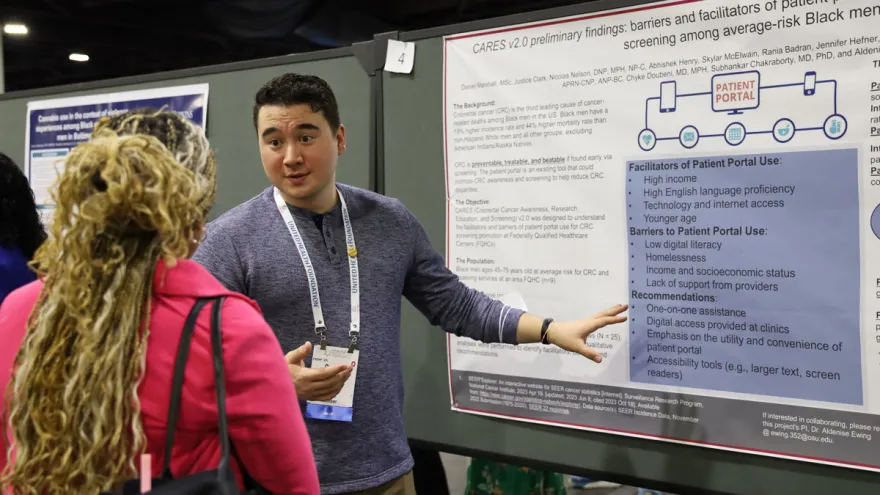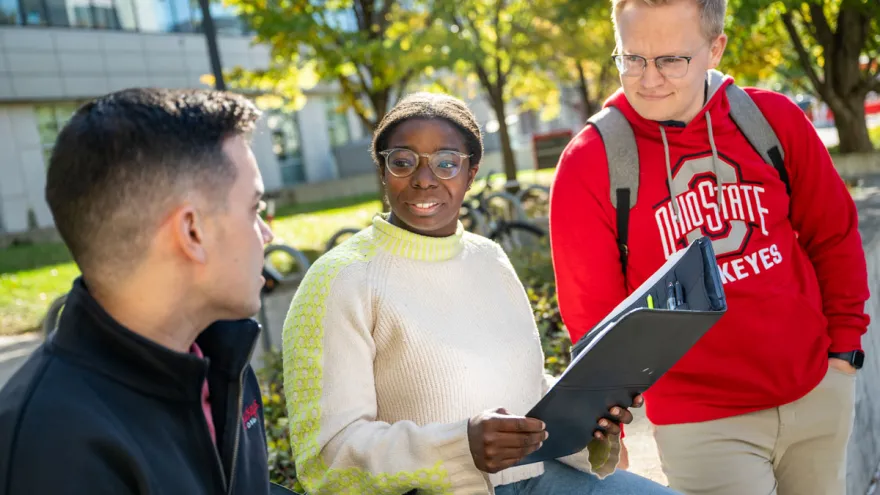Degrees and programs
The College of Public Health offers undergraduate and graduate education along with degree enhancements across the core areas of public health and health administration. Find out how our degrees can help you harness your passion, reach your potential and develop novel solutions to help all people thrive.


Graduate programs
Our graduate programs include the Master of Public Health, Master of Health Administration, PhD, Master of Science, certificates and minors helping students gain the skills and expertise to advance public health.

Undergraduate programs
The Bachelor of Science in Public Health allows you to specialize in environmental health or sociology to prepare you for a career helping people live healthy lives. Students also can combine a bachelor’s and master’s degree, earning both in five years.

Combined/Dual degrees
Make deeper connections across the health sciences or other nationally recognized Ohio State graduate and professional programs to complement your public health interests and career goals.